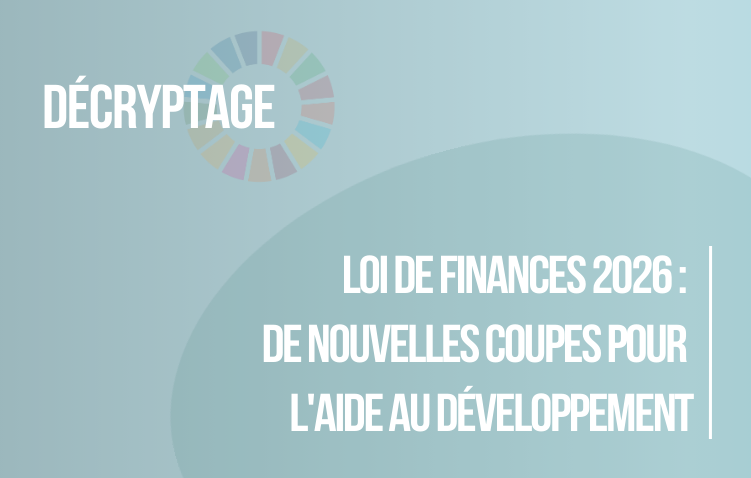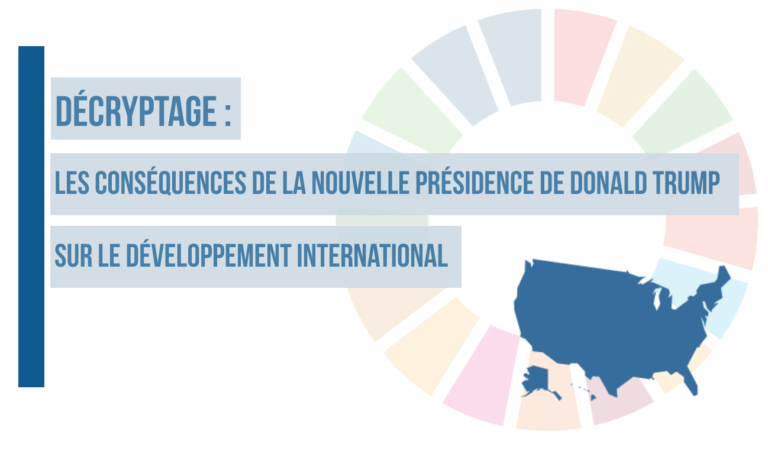Priorities for international development, as seen by the Americans, British, French and Germans
Publié le 28/12/2018.
Views are varied – but not necessarily opposed – between France, Germany, the UK and the US when it comes to their citizens’ priorities for development spending.
Views settle around differences in opinion on urgent, short- or medium-term priorities, as well as along a spectrum from practical to ideological preferences.
Making development expenditure on agriculture a priority is one common point for all four countries. The same trend is observable for family planning or supporting economic development. On the other hand, investing in gender equality and women’s rights is particularly appealing to French respondents (42%) but less so for British (21%), German (28%) or American respondents (32%).
And, in reverse, providing funding for crisis and disaster management is particularly favoured by Americans (51%) and British people (52%), and then Germans (43%), but much less so by French people (35%) who are less likely to see development as being an investment for urgent need.
Education is a particular priority for Germans (38%) and French people (34%), whereas British and American people seem to think economic development and debt relief are bigger priorities.
Transparency of public policy and respect for equality are also important for German (34%), British (35%) and Americans (37%), compared to only 23% of French people who show interest in these angles of development work.
Health and vaccination issues appear as medium priorities, for example with support from French and German people at around 27%, with nevertheless a higher level of interest from both the British (35%) and American people (32%).
This data comes from our survey conducted by the YouGov Institute and piloted by the research team at University College London and the University of Birmingham as part of the project Aid Attitudes Tracker which measures the evolution of opinions and behaviors on issues of international solidarity in four countries.











